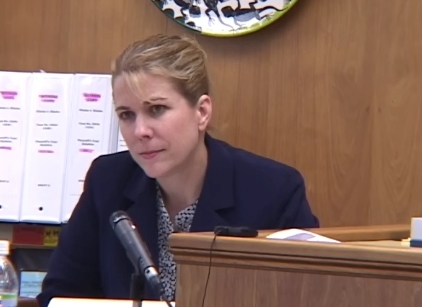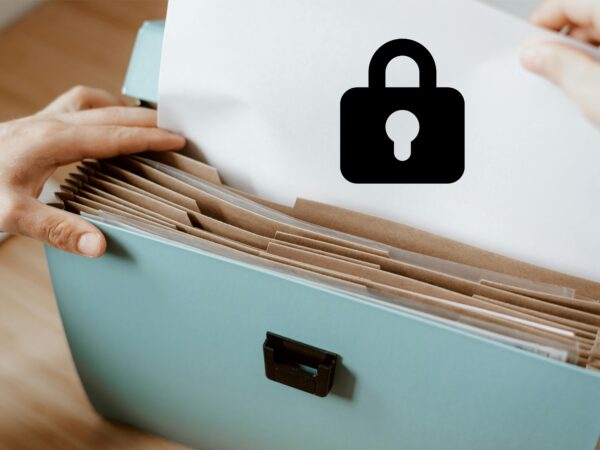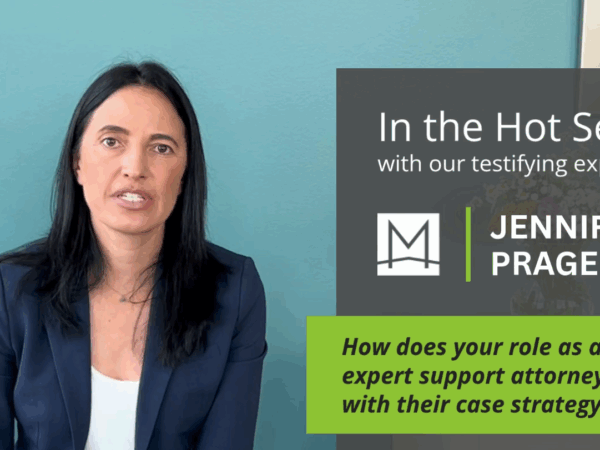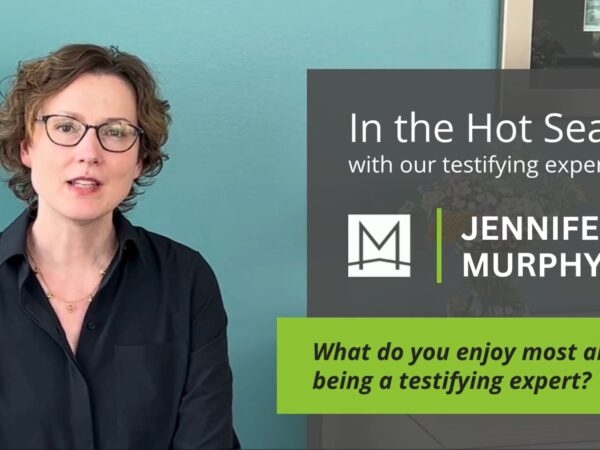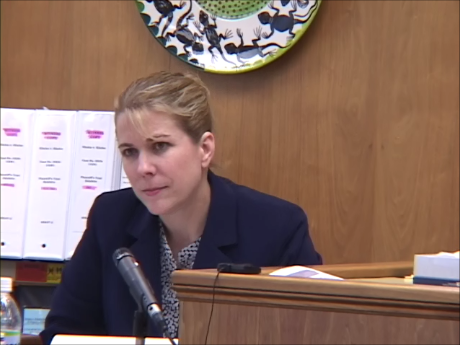
Five Tips for Unimpeachable Damage Expert Testimony
By Serena Morones, CPA, ASA, ABV, CFE
You’ve worked with your expert for months and now it’s time to cross the finish line with expert testimony. Don’t shortcut the preparation of your expert just because your expert is a seasoned professional.Expert testimony is always difficult and preparing for trial with your expert will result in the best outcome for your case.
As your prepare your expert for testimony, consider using these five tips that guide me in delivering rock solid testimony.
1. Over Prepare
I have been told that my deep command of the facts on the witness stand enhances my credibility with the judge and jury. I review documents, memorize facts, and think through the assumptions I’ve used in my analysis. I imagine cross examination questions and then write out answers to them. I have never regretted over preparing for testimony but I have sometimes regretted under preparing.
Require your expert to prepare by quizzing your expert on the facts of the case. Test your expert’s level of readiness. Ask your expert why he or she used certain assumptions. Ask your expert to show you the data that supports their analysis.
Walk through direct examination at least twice and expected cross examination at least once. No matter how many times your expert has testified, preparation is key to success. Quizzing your expert prior to testimony will reveal opinions that remain unsupported, or areas of weakness in your expert’s knowledge about the case. I find that attorneys leave out the testimony preparation due to the tidal wave of last minute tasks that must be completed before trial. Schedule the testimony preparation far in advance and stick to your trial preparation schedule.
2. Slow Down
The most effective rule I follow when testifying is to substantially slow down the pace of my speech. There are several benefits of speaking slowly.
First, the judge or jury will better understand my technical testimony if I speak slowly. The judge and jury write notes, and cannot both listen and write at the same time. I speak slowly and watch them and wait until they lift their heads back up before I change subjects or refer them to a demonstrative exhibit.
Second, slow speech gives the judge or the attorneys time to ask questions or object.
Third, slow speech gives me more time to think and choose my words carefully.
Fourth, slow speech improves candor as rapid speech can project defensiveness or insecurity.
The attorney working with the expert can help to slow down the expert by also slowing down their own speech. Ask the expert to follow the pace of the direct examining attorney.
3. Mental Attitude: I Control My Testimony
Attorneys plan to control the expert testimony. However, I am the one giving the testimony and I control what comes out of my mouth. I do not need to fear the tactics of the cross examining attorney. They can only ask me questions. I am the one who controls my answers.
With the realization that I am in control, I then know that I don’t have to answer every question that I do not understand or help an attorney who asks a poorly worded question. I don’t even have to say very much. On cross, I give short but complete answers, which limits the opportunity for further engagement. Here are some answers I give on cross when I am asked a question intended to trap me, or lead me in a direction that contradicts my direct testimony:
- I don’t know
- I have not prepared an opinion to be able to answer that question
- I don’t understand your question
- That is a compound question. Could you please break it up?
- I don’t agree with the assumptions in your hypothetical question, but I can tell you the math
- That was not my testimony. My testimony was…..
4. Concede
Nothing diminishes credibility like an expert who refuses to concede an obvious point by the cross examining attorney. The jury feels the anxiety of the expert as they watch the expert squirm and dig for rationale, when the jury can obviously see the expert is wrong.
Conceding errors or other obvious points quickly, simply and without emphasis, builds expert credibility and reduces the significance of the cross examination in the memory of the judge and jury.
5. Mental Attitude: It’s Not my Case to Make
This rule might be the hardest for experts to follow because we are human beings. After working hard to prepare for the day of testimony, we become engrossed with our clients’ story and we want our side to win. While we strive to prepare our opinion without bias, we grow to deeply care about the outcome of the case.
After many years of serving as an expert witness, I have realized that while I care about my clients and their attorneys, I must release any attitude of personal ownership in their cases. The attorneys’ role is to advocate for their client. Experts must stay in their own lane and not advocate for the client.
Working with an absence of bias is easier said than done. Here are some ways I talk to myself about cases, in order to remind myself that it’s not my case to make.
I didn’t create the facts and the facts are immovable.I cannot change, deny or bend the facts. I don’t worry about “bad” facts. I simply concede that they exist and explain how I have taken them into account.
It’s not my responsibility to fix the actions that led these parties to court.Neither am I the attorney who prepared the case. I must resist the temptation to use my credibility to solve my clients’ problems or shore up a poorly prepared case. My credibility must endure for the long term, and not be inappropriately used to win a particular case.
Experts who take ownership in a case will give biased answers to cross examination questions, or expand their opinion to try and solve deficiencies in the case. It’s simply not my case to make.
********************
Serena Morones and her staff give in-house CLEs on topics of expert testimony using video excerpts of actual trials. Contact Ms. Morones at [email protected] to inquire about a CLE presentation.


